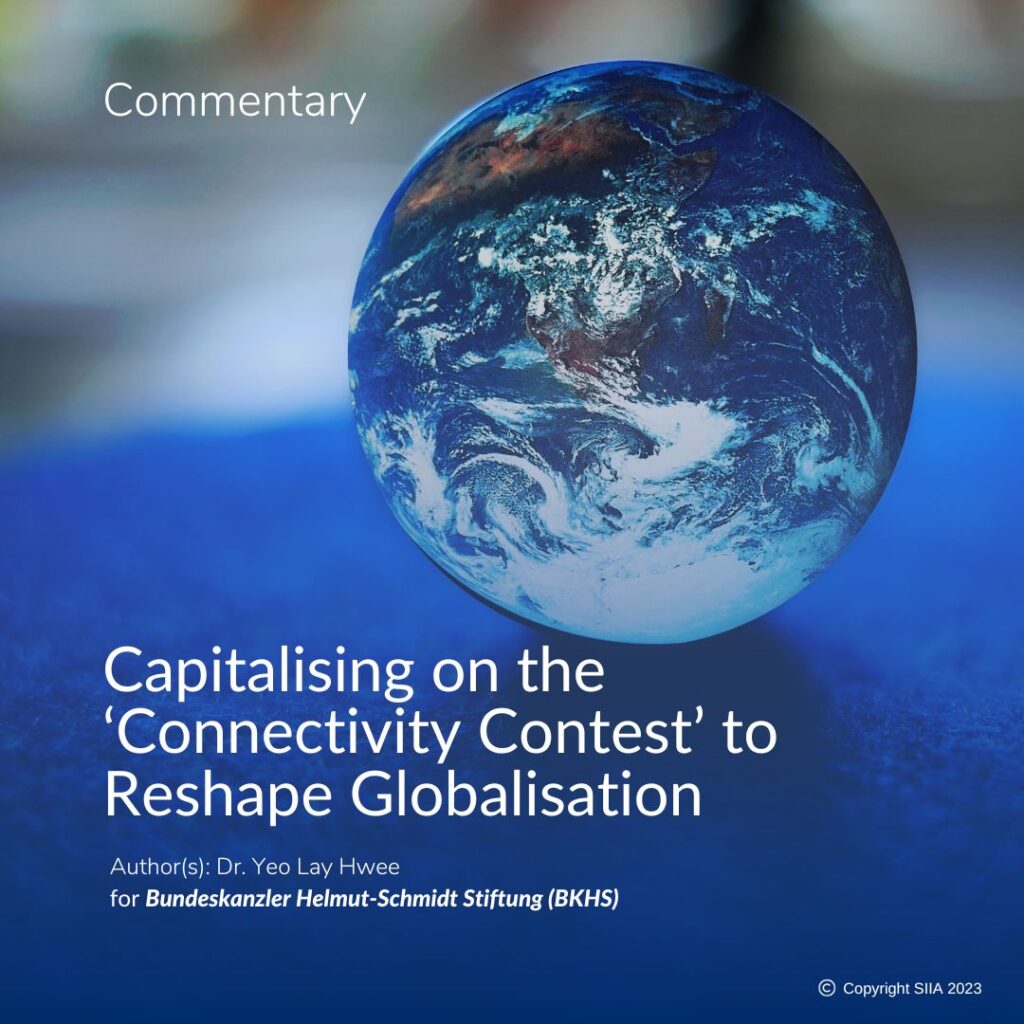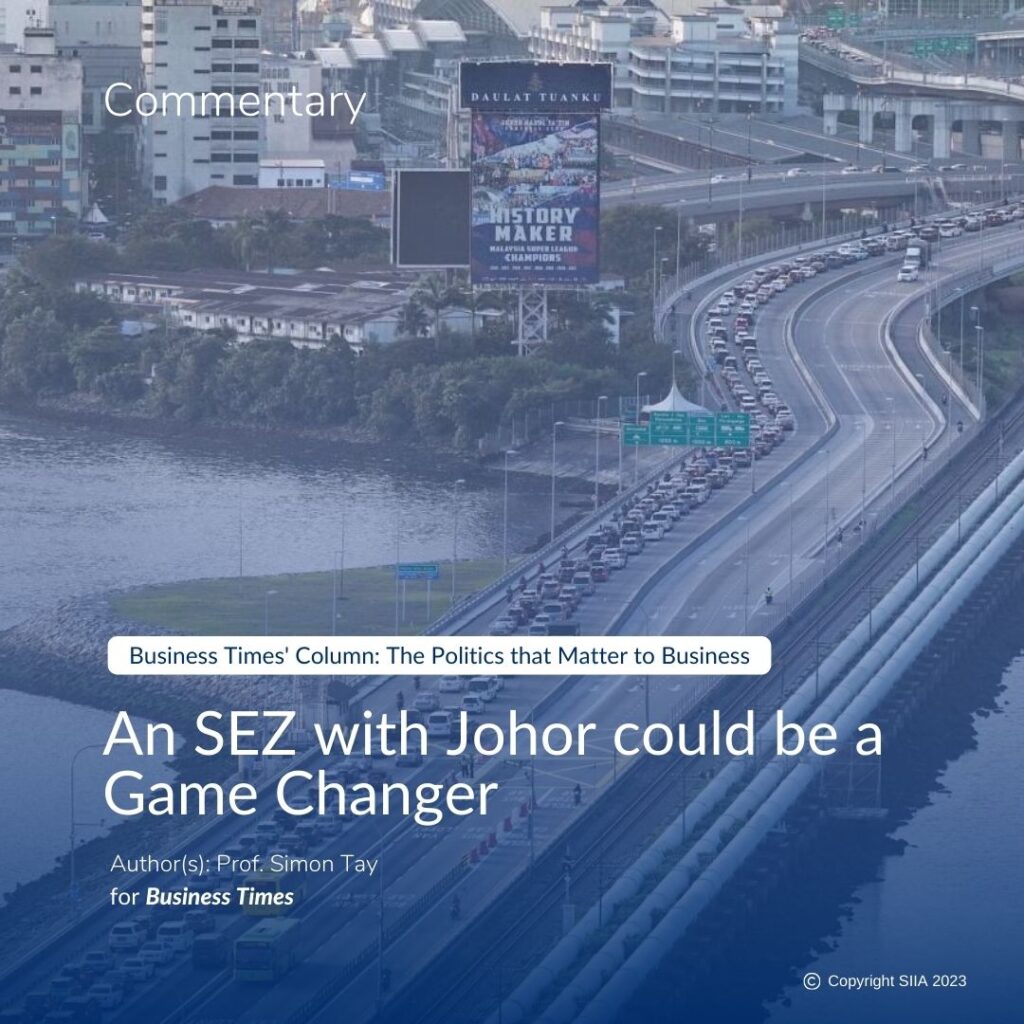The previous Budget and recent government schemes such as the Pioneer Generation Package and Silver Support Scheme focused on the needs of older citizens and retirees. Deputy Prime Minister and Finance Minister Tharman Shanmugaratnam has said the new Budget to be announced today will build the future for the young and middle-aged. This is timely.
Those starting work and in mid-career need guidance to develop in line with the transformation of the Singapore economy. The “sandwiched generation”, with obligations to both children and parents, would also welcome help in coping with costs and more assurance about the future. Here are three connected issues that the Government may wish to address.
First, mid-career Singaporeans need assurance about whether benefits will continue in the future, when they too retire. While the Central Provident Fund scheme has recently been tweaked, the big picture is obscured by complex and mind-numbing regulations. The debate about percentages for withdrawals belies an underlying concern that many lack sufficient funds for retirement.
Assurance must be given that, within means, the Government will provide future safety nets. This does not mean a blank cheque. But a general assurance can ease the sense of anxiety of many mid-career Singaporeans and encourage risk-taking, as they advance in careers and try to develop new skill sets.
For too long, the word “socialism” has been anathema in public discourse. However, one of Singapore’s founding politicians, the late Goh Keng Swee, did not shy away from “socialism that works” — a phrase he used for the title of a book of his speeches and essays. In our 50th year, this phrase can be revisited and updated.
A second key issue is about costs and competitiveness. Both Singaporeans and foreign businesses alike feel the high cost of living. Singapore’s competitiveness has slipped too.
In last year’s Budget, the Government introduced a wage credit scheme that effectively lowered business costs, without eroding take-home salaries for workers. The next effort should be to ensure affordable property — a key component of cost.
Measures should not penalise the current stock of buildings, to be fair to asset owners who have paid high prices. But prices can be restrained when offering new sites and in tandem with the expansion of public transport systems.
The Government, as the biggest owner of land in the country, can shape the market.
One clear signal would be to indicate a benchmark of what “affordable housing” means. A cap on total indebtedness has been put into place and effort is now being made to help raise the earning power of the median Singaporean. The Government can bring these two efforts together by signalling a target price for basic housing as a multiple of annual income.
This would assure young workers that what they earn will be sufficient. Government policies to release and price future land and housing should be adjusted accordingly.
For those renting, preventing headlong escalation is needed. Only then can businesses plan ahead with more predictable costs rather than depending solely on their landlords. To this end, just as the National Wages Council advises on salary increases, a consultative body might be created on rent as another key component of business costs.
BUILDING A HOME IN A GLOBAL CITY
A third and broader issue is Singapore’s future as a global city. This phrase too harks back to another founding politician, the late S Rajaratnam. Pressure on infrastructure and runaway property prices were the main reasons for the ruling People’s Action Party slip in popularity at the previous General Election.
Policy corrections have followed, but some citizens still demand more with slogans such as Singapore for Singaporeans, with the risk of fanning xenophobic and even racist sentiment. While the general understanding is that Singapore holds fast to the goal of being a global city, current measures do hit foreigners who work and invest here. The measures also affect a considerable spectrum of Singaporean businesses that rely on foreign workers and customers from abroad.
Therefore, it is important for government leaders to state where Singapore stands on its aims to be a global city. If the objective remains clear, policies to manage the downsides must be fine-tuned.
For jobs, the Government should continue to help Singaporeans compete for opportunities with allowances, training and policies for fair hiring practices.
But across-the-board limits on foreign workers have severe, and often, unintended impact on many businesses. Foreigners can and should be allowed to take up jobs that Singaporeans still shun, which are often at the lower end of the pay scale. The limits must be fine-tuned accordingly, even if this means more clearly differentiating among various industries or even establishments.
There are also different housing policies for foreigners. This is understandable, as they might compete with Singaporeans for subsidised public homes and mid-income housing. But measures on foreign buyers can be relaxed on the ultra-expensive apartments that target the global rich, as this is quite a distinct market for housing.
Another measure is to facilitate working and living in the near abroad. Partnership with Malaysia and especially Johor can be developed further and more transparently, and reaching out to Indonesia’s new President Joko Widodo can restart cooperation in provinces south of our island.
More broadly, signals are also needed about how Singapore plans to plug into the wider ASEAN (Association of South-east Asian Nations) Economic Community, which promises an integrated marketplace and the freer movement of skilled workers.
Only then can we make Singapore both a home and a global city.
The world is facing tumultuous times, both economically and in geopolitics. But our country, now 50, retains many strengths and considerable reserves that can bring advantage and provide assurance. The time is right to undertake necessary changes and set new directions and this year’s Budget should deliver a clear signal about future directions.
ABOUT THE AUTHOR:
Simon Tay is chairman of the Singapore Institute of International Affairs. The SIIA’s F50 project on the 50-year-future of Singapore in Asia and the world will hold a talk on Power and Wealth on Wednesday.This article was originally published in TODAY on 23 Feb 2015.
Image Credit: Ministry of Finance, Singapore




